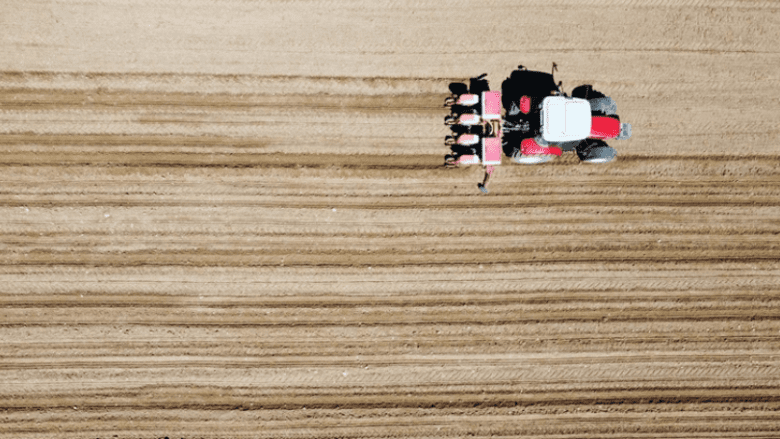Addressing the global food crisis stemming from the pandemic and Russia’s war on Ukraine, the assistant director-general of the UN’s Food and Agriculture Organization (FAO) said there will be no famine but definitely a food shortage for quite some time, especially for countries with low production capacity.
More than 800 million people in the world are already facing food insecurity, Abdul Hakim Elwaer told Anadolu Agency, adding the issue cannot be generalized as it depends on the countries.
Speaking during the Islamic Development Bank Group’s annual meeting in Egypt, he said the food crisis did not start today as the Middle East and North Africa (MENA) region has been dealing with the crisis for a long time.
Mentioning ongoing global problems such as water scarcity and climate change, he said there is already a lack of ability to produce food.
Elwaer noted that water sources are not stable anymore, “so we cannot depend on the same crop production and harvesting seasons the same time as always.”
Russia, Ukraine and the Black Sea region provide a good alternative for cheap food supply for the nearest North Africa region, which is a net importer of wheat and edible oil at 80%-90%.
After the beginning of the war, basic food staples such as wheat, oil and sugar saw significant price increases.
The ton price of wheat increased from the $300 level to the $500 level, while several countries, including Russia, Ukraine, India and Kazakhstan, suspended or limited exports of these basic needs.
“With COVID, the supply chains were interrupted, and it was like a wake-up call,” he underscored. “All the countries have realized that there is a dire threat from the food supply chain because of the introduction of disadvantages.”
Recalling that the Russia-Ukraine crisis started during the recovery process of the pandemic, he said the world’s supply of basic needs had been suspended or interrupted.
There are some countries still on the safe side, but they are panicking because they want to find alternative resources, he stressed.
The FAO is helping the countries by providing them with policy advice, data and information on the global market, the prices and the locations for alternative processes, and domestic production processes, he added.








